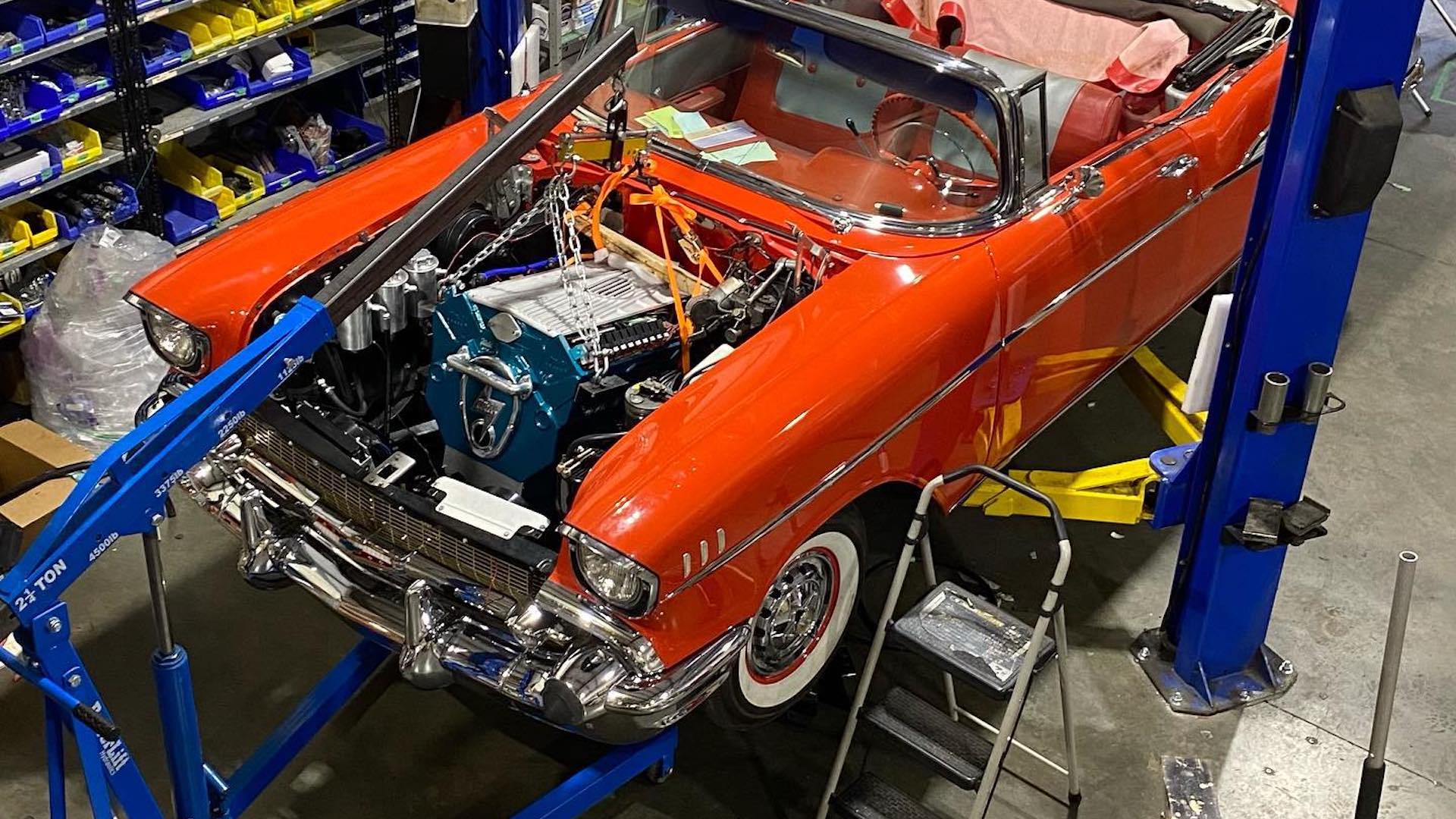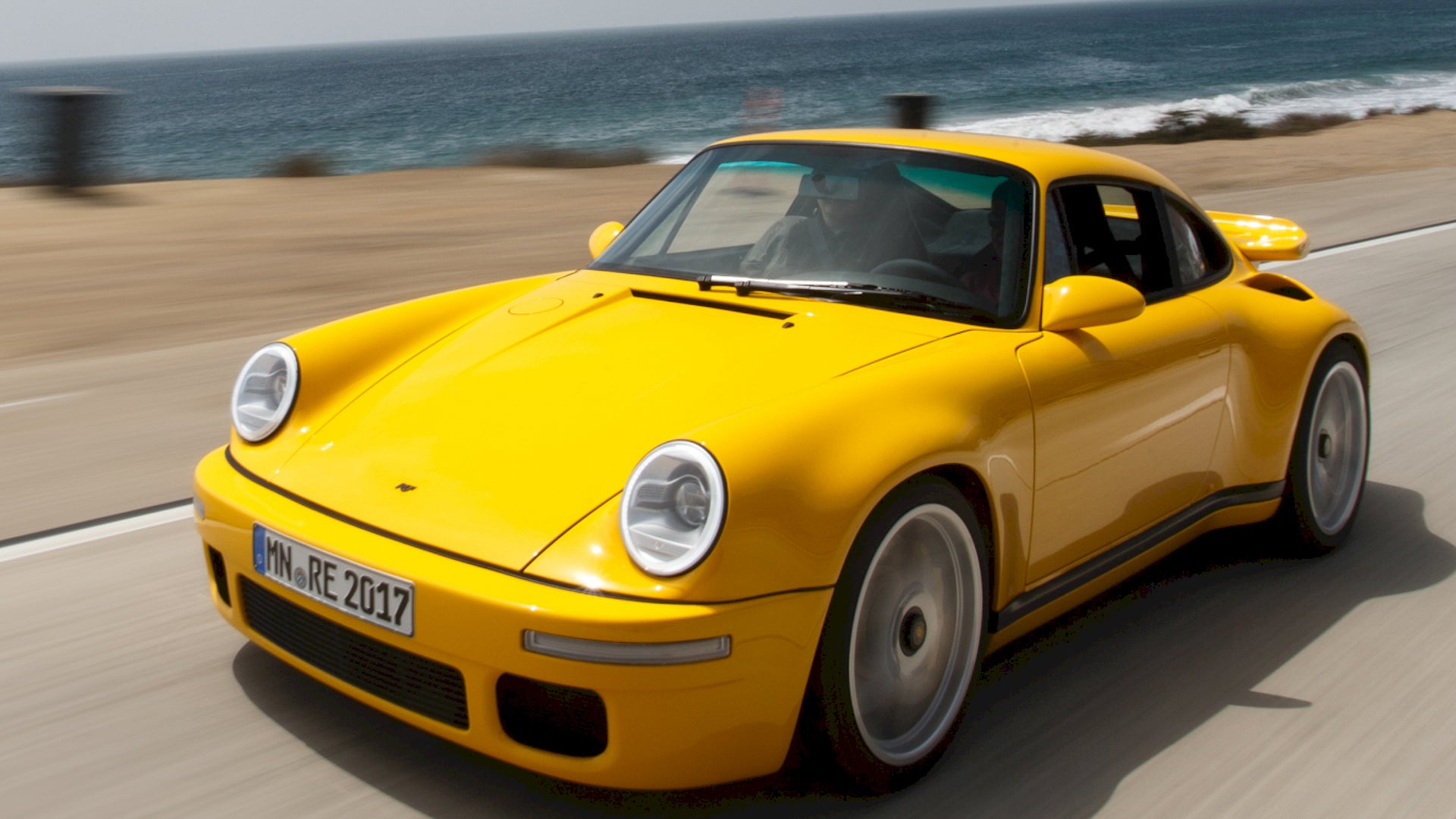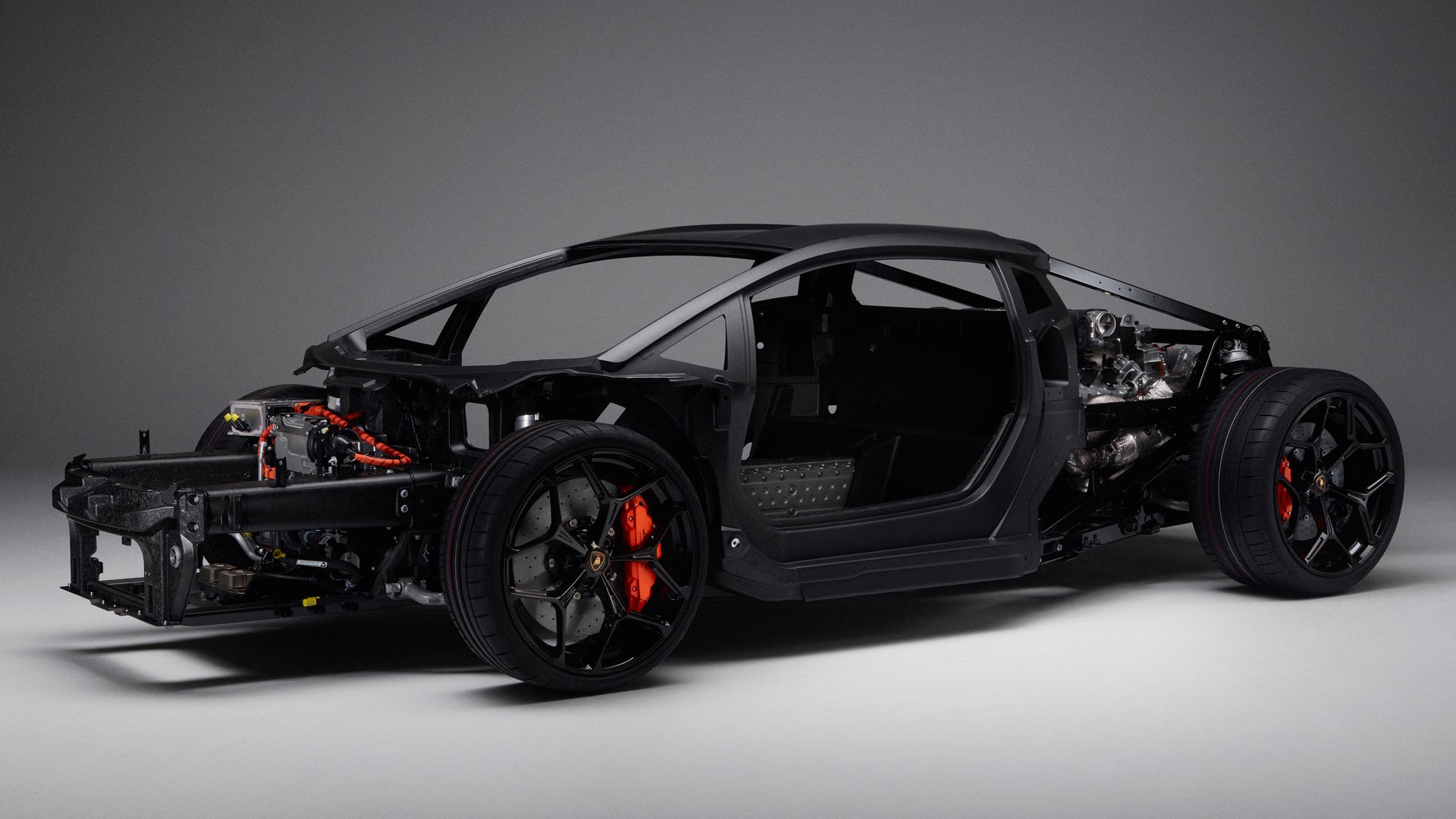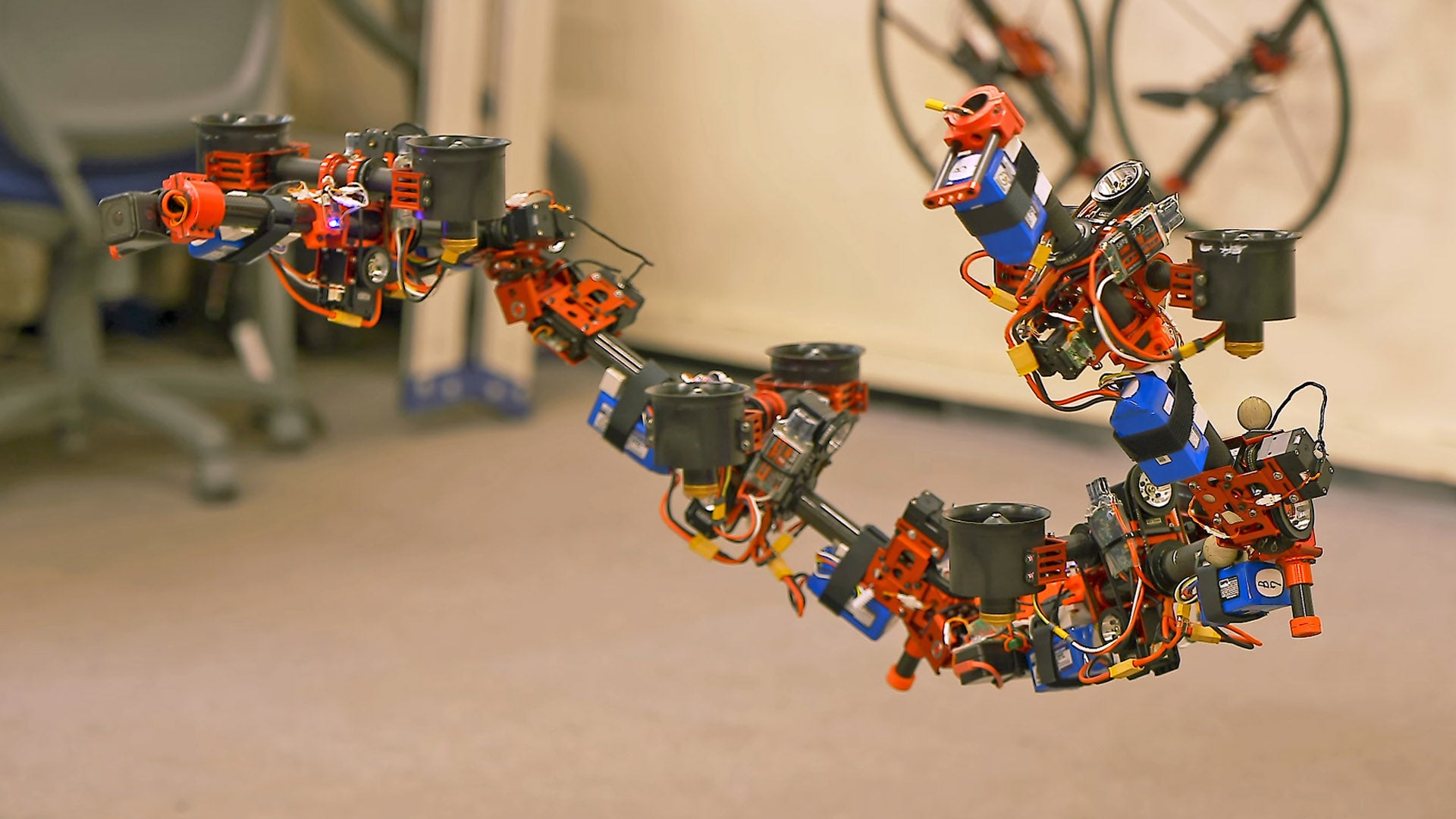A new bill in the California state Senate could offer thousands in tax rebates for car owners who have their vehicles converted to zero-emissions drivetrains. However, the extreme cost of such conversions leaves the bill's efficacy questionable.
Senate Bill 301, introduced by Sen. Anthony Portantino, proposes up to $2,000 in tax rebates for converting a combustion-engined vehicle to a ZEV—powered by either batteries or hydrogen. The Specialty Equipment Market Association claimed the bill will support small businesses and workers, make ZEV ownership more accessible, and maintain California's car culture. It would also supplement other state-level EV incentives, such as Clean Cars 4 All, and up to $7,000 in EV rebates available through the Clean Vehicle Rebate Program, although the EV conversion fund would be significantly smaller: just $2 million annually would be earmarked for the aftermarket rebate option.
"The aftermarket is a leader in innovation, and that includes in zero-emissions technologies," commented SEMA President and CEO Mike Spagnola. "SB 301 creates opportunities for our California-based small businesses, their employees, and consumers to build and have access to affordable zero-emissions vehicles."
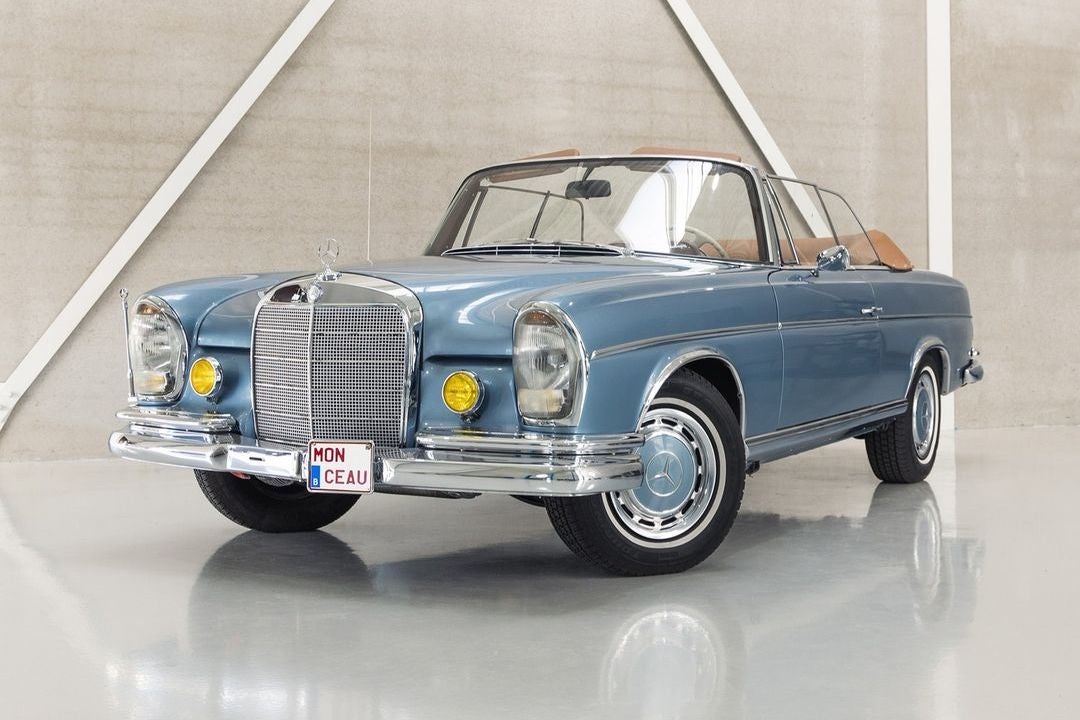
However, EV conversions aren't a widespread practice due to their extreme cost. The lack of standardization means conversions are typically engineered for individual vehicles and tend to cost tens of thousands of dollars—enough to replace older vehicles with modern, less-polluting or even zero-emissions vehicles entirely. That doesn't even necessarily account for the cost of the battery, which the bill requires to be big enough to propel the converted vehicle more than 100 miles.
Like the previous federal EV tax credit, this bill is effectively available only to a wealthy subset of automotive customers who don't need financial aid to purchase lower-emissions vehicles in the first place. California's planned 2035 ICE phaseout may be a bigger step in the intended direction if it's not too little too late—and if it's economically feasible to begin with.
Got a tip or question for the author? You can reach them here: [email protected]
